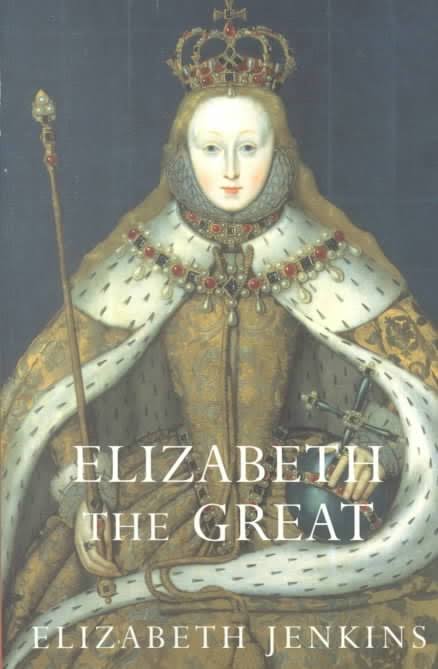Down through the ages exceptional elite leaders have been referred to with the suffix, the great. Cyrus the Great of Persia, Alexander the Great of Macedonia, and perhaps Alaric the Great of the Visigoths who sacked Rome or Peter the Great of Russia.
Question:
Who was the first woman ruler to be referred too as "the Great"?
I know:
Queen Elizabeth I of England I've seen referred to as the Great. (1533 – 1603)
Kathrine the Great Ruler of Russia (1762 – 1796)
Kathrine the Great Ruler of Russia (1762 – 1796)
Perhaps Hatshepsut of Egypt 1478-1458 B.C. (18th Dynasty) might fit the bill, she is regarded as one of the most successful rulers of Egypt, with a reign lasting for at least twenty years. She expanded trade and undertook ambitious building projects. But I don't see her referred to as "Hatshepsut the Great" in literature.
Related Question:
Sources:
- Elizabeth I of England
- Catherine the Great
- Hatshepsut
- Cyrus the Great
- Alexander the Great
- Alaric the Goth and Attila the Hun
- Peter the Great
The Case for Queen Elizabeth
[![enter image description here][6]][6]Going from imprisonment for much of her youth, to becoming one of England's longer serving monarchs(44 years). She was one of the best educated women of her generation, fluent in 5 languages. She moderated the religious wars which defined England in the preceding reigns. She is associated with a golden age of England which included great military victories (Spanish Armada, 1588), great cultural achievements, (Shakespeare and Marlowe), and exploration (Francis Drake).
